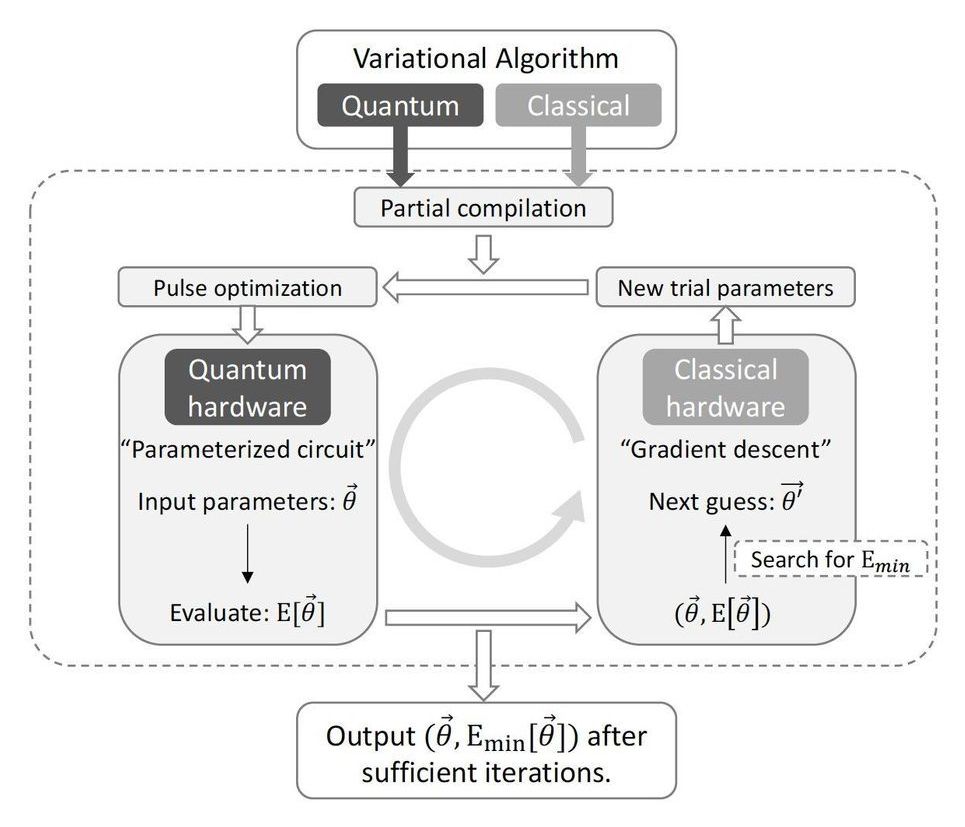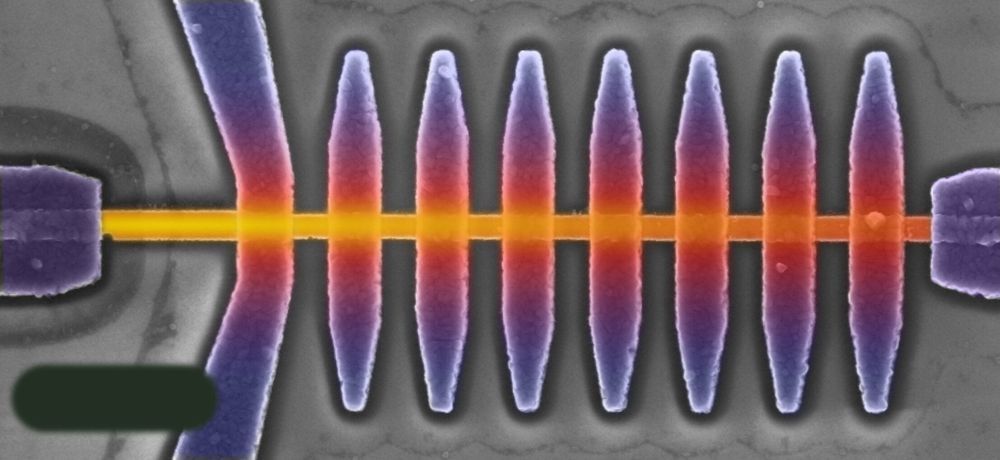👇 smile
Enjoy the videos and music you love, upload original content, and share it…
👇 smile
Enjoy the videos and music you love, upload original content, and share it…

3D Printing was one example of how technological advancement made manufacturing accessible to all. Will robots take all the jobs? I doubt it, but technological advancement will make many things inaccessible, accessible to many more than before, by lowering the cost of production. This is but one example.
Better clear out several shelves of storage space, vinylheads, because your record collection is about to expand into infinity. Soon, you’ll be able to get absolutely anything on vinyl. Even better—you’ll be able to make it.
The Phonocut is an at-home vinyl lathe, allowing anyone with a digital audio file and a dream to make a 10-inch record.

BERLIN, August 21, 2019 (Newswire.com) — The Neutrino Energy Group cooperates with a worldwide team of scientists and various international research centers, which deal with application research, the conversion of invisible radiation spectra of the sun, among other things the neutrinos (high-energy particles, which ceaselessly reach the earth) in electric power.
Is renewable energy hurting consumers?
During the last decade or so, consumers around the world have been encouraged to install solar panels on top of their houses. In certain climates, these rooftop photovoltaic installations can more than cover the electrical needs of an individual home, and many solar-equipped houses feature photovoltaic systems that wire directly into the grid. At times when the home has excess solar-generated electricity left over, this energy feeds back into the grid and helps out with the electricity needs of other energy company customers.

A new paper from researchers at the University of Chicago introduces a technique for compiling highly optimized quantum instructions that can be executed on near-term hardware. This technique is particularly well suited to a new class of variational quantum algorithms, which are promising candidates for demonstrating useful quantum speedups. The new work was enabled by uniting ideas across the stack, spanning quantum algorithms, machine learning, compilers, and device physics. The interdisciplinary research was carried out by members of the EPiQC (Enabling Practical-scale Quantum Computation) collaboration, an NSF Expedition in Computing.
Adapting to a New Paradigm for Quantum Algorithms
The original vision for quantum algorithms dates to the early 1980s, when physicist Richard Feynman proposed performing molecular simulations using just thousands of noise-less qubits (quantum bits), a practically impossible task for traditional computers. Other algorithms developed in the 1990s and 2000s demonstrated that thousands of noise-less qubits would also offer dramatic speedups for problems such as database search, integer factoring, and matrix algebra. However, despite recent advances in quantum hardware, these algorithms are still decades away from scalable realizations, because current hardware features noisy qubits.

Researchers from Aalto University and VTT Technical Research Centre of Finland have built a super-sensitive bolometer, a type of thermal radiation detector. The new radiation detector, made of a gold-palladium mixture makes it easier to measure the strength of electromagnetic radiation in real time. Bolometers are used widely in thermal cameras in the construction industry and in satellites to measure cosmic radiation.
The new developments may help bolometers find their way to quantum computers. If the new radiation detector manages to function as well in space as it does in the laboratory, it can also be used to measure cosmic microwave background radiation in space more accurately.
“The new detector is extremely sensitive, and its noise level—how much the signal bounces around the correct value, is only one tenth of the noise of any other bolometer. It is also a hundred times faster than previous low-noise radiation detectors,” says Mikko Möttönen, who works as a joint Professor of Quantum Technology at Aalto University and VTT.

Researchers at EPFL have created a metallic microdevice in which they can define and tune patterns of superconductivity. Their discovery, which holds great promise for quantum technologies of the future, has just been published in Science.
In superconductors, electrons travel with no resistance. This phenomenon currently only occurs at very low temperatures. There are many practical applications, such as magnetic resonance imaging (MRI). Future technologies, however, will harness the total synchrony of electronic behavior in superconductors—a property called the phase. There is currently a race to build the world’s first quantum computer, which will use phases to perform calculations. Conventional superconductors are very robust and hard to influence, and the challenge is to find new materials in which the superconducting state can be easily manipulated in a device.
EPFL’s Laboratory of Quantum Materials (QMAT), headed by Philip Moll, has been working on a specific group of unconventional superconductors known as heavy fermion materials. The QMAT scientists, as part of a broad international collaboration between EPFL, the Max Planck Institute for Chemical Physics of Solids, the Los Alamos National Laboratory and Cornell University, made a surprising discovery about one of these materials, CeIrIn5.
Wow!
Brain Computer interface technology opens up a world of possibilities. We are on the cusp of this technology that is so powerful and has the potential to so radically transform our lives and existence! After starting three venture-funded startups in Silicon Valley, Steven Hoffman, known as Captial Hoff, launched Founders Space with the mission to educate and accelerate entrepreneurs and intrapreneur. Founder Space has become one of the top startup accelerators in the world with over 50 partners in 22 countries. This talk was given at a TEDx event using the TED conference format but independently organized by a local community.

Now is a great time to donate and help to unlock the stretch goals.
https://www.lifespan.io/mitomouse
Longecity is also offering ways to match your donations and you can find out more about that on the project page.
David Sinclair, professor of genetics at Harvard Medical School, discusses his new book “Lifespan”, which distills his cutting-edge research findings on the biological processes underpinning aging. Sinclair describes lifestyle hacks we can undertake now to combat aging, as well as future scientific breakthroughs that promise to slow down—and even reverse—the aging process.
Moderated by: Sam Phippen
Get the book: https://goo.gle/2LXCd2P
From facial recognition security to unmanned vehicles, Alibaba’s corporate campus is the office of the future. CNBC’s Uptin Saiidi gets a rare look inside the company’s headquarters in Hangzhou, China, where more than 20,000 employees are based.
–
Like our Facebook page:
https://www.facebook.com/cnbcinternational
Follow us on Instagram:
https://www.instagram.com/cnbcinternational/